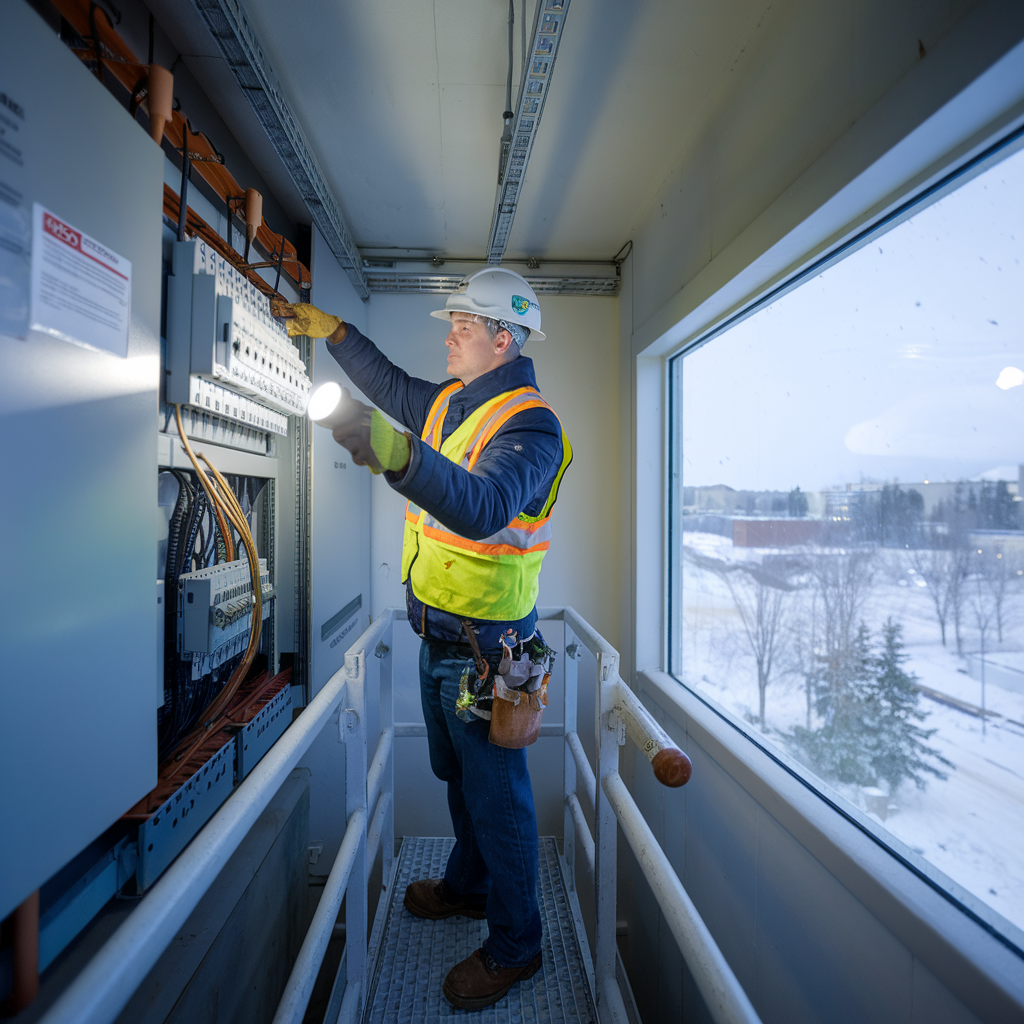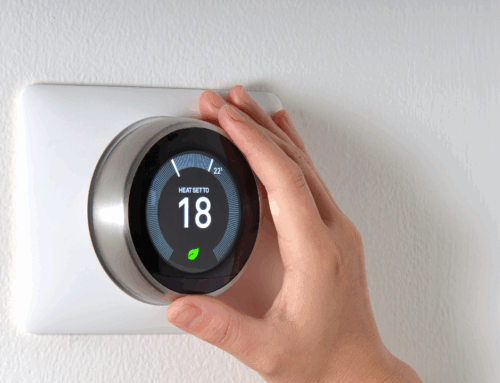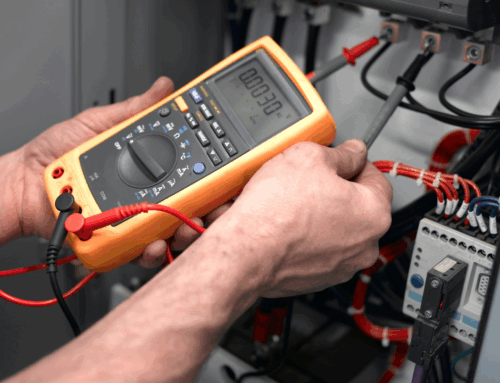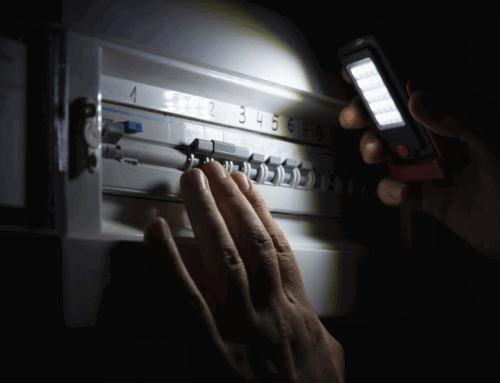As winter approaches, businesses must prepare for the unique challenges that colder weather can bring to their electrical systems. With increased energy demands from heating systems, the risk of electrical failures rises, potentially leading to costly downtime and safety hazards.
1. Schedule a Professional Electrical Inspection
Before the onset of winter, it’s crucial to schedule a professional electrical inspection. A qualified commercial electrician can evaluate your building’s electrical systems, identifying potential issues before they become significant problems. During the inspection, they will assess:
- Wiring condition: Inspecting for frayed or damaged wires that could lead to shorts or fires.
- Circuit load: Evaluating whether your circuits can handle the additional load from heating equipment and holiday lighting.
- Outlets and switches: Checking for any malfunctioning outlets or switches that could pose safety risks.
By proactively addressing any issues, you can prevent electrical failures during the winter.
2. Upgrade to Energy-Efficient Heating Systems
Winter typically sees an increase in energy consumption due to heating systems working overtime. Upgrading to energy-efficient heating solutions can significantly reduce energy costs and the strain on your electrical system. Consider options such as:
- Programmable thermostats: These devices allow for better control of heating schedules, reducing energy usage when the building is unoccupied.
- High-efficiency furnaces: Replacing old units with modern, energy-efficient models can lead to substantial energy savings.
By investing in these upgrades, you’ll not only improve energy efficiency but also lessen the risk of electrical overloads.
3. Ensure Proper Insulation and Sealing
Proper insulation and sealing around windows and doors play a vital role in maintaining indoor temperatures during winter. Poor insulation can lead to drafts, causing heating systems to work harder and increasing the load on your electrical system. To prepare for winter:
- Inspect insulation: Ensure walls, attics, and crawl spaces are properly insulated to retain heat.
- Seal gaps and cracks: Use caulk or weather stripping to seal any openings around windows and doors, preventing heat loss.
By enhancing your building’s insulation, you reduce the strain on heating systems, ultimately protecting your electrical system from overloading.
4. Monitor Power Loads
As temperatures drop, businesses often use additional electrical equipment, such as space heaters, holiday lighting, and more robust HVAC systems. Monitoring power loads is essential to avoid overloading circuits, which can lead to tripped breakers or even electrical fires. Here are some tips to manage power loads effectively:
- Distribute loads evenly: Avoid plugging multiple high-wattage devices into a single outlet. Instead, distribute the load across multiple circuits.
- Use power strips wisely: Ensure that power strips are not overloaded, and choose those with built-in circuit breakers for added safety.
By being mindful of your electrical load, you can prevent failures and maintain a safe environment.
5. Prepare for Snow and Ice
Heavy snow and ice can pose significant threats to electrical systems, particularly in outdoor areas. Accumulation can cause:
- Damaged wiring: Snow and ice can weigh down overhead power lines and outdoor fixtures, leading to potential damage.
- Fallen branches: Ice-laden branches can break and fall onto power lines, causing outages.
To prepare for these hazards, businesses should:
- Clear outdoor areas: Regularly remove snow and ice from walkways, roofs, and around outdoor electrical fixtures.
- Inspect outdoor electrical equipment: Ensure all outdoor outlets and lighting are weatherproof and in good condition.
Taking these precautions can help safeguard your electrical systems from winter weather impacts.
6. Educate Employees on Electrical Safety
Educating employees about electrical safety is crucial, especially during the winter months when the risk of electrical issues increases. Provide training on:
- Identifying electrical hazards: Teach employees to recognise signs of electrical problems, such as flickering lights, unusual smells, or sparks.
- Safe use of equipment: Emphasise the importance of using electrical equipment correctly, particularly space heaters and holiday lighting.
By fostering a culture of safety awareness, you can significantly reduce the risk of electrical incidents in the workplace.
Preparing for winter involves taking proactive steps to ensure that your commercial electrical systems remain safe and efficient. By scheduling inspections, upgrading heating systems, monitoring power loads, and educating employees, businesses can avoid common electrical issues that arise during colder months. Investing time and resources in these preparations not only protects your assets but also ensures a comfortable and productive environment for your employees. Winter may bring its challenges, but with careful planning, you can navigate the season safely and efficiently. Contact us for more information.







Leave A Comment